

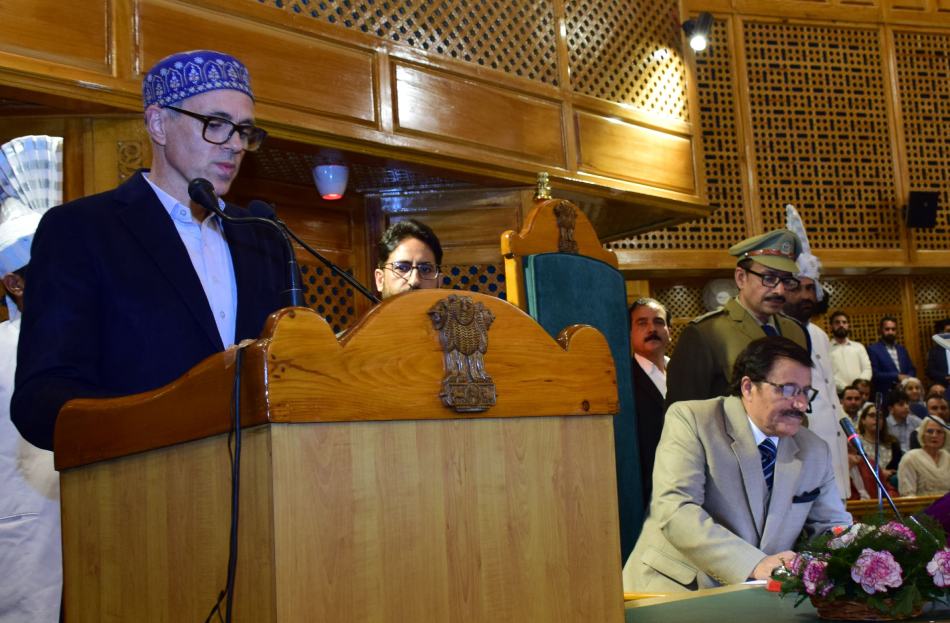
In a media interaction, Jammu and Kashmir Chief Minister Omar Abdullah expressed his disapproval of the hybrid model of governance in the Union Territory, stating that dual centres of power are not effective tools for governance. He also addressed other issues, such as differences of opinion and reservation protests, reiterating the need for a single centre of command for better functioning of the system. The chief minister also discussed the recent controversy over land acquisition for a campus of the National Institute of Technology, emphasizing the importance of finding a balance between development and protecting productive agriculture land.
Omar Abdullah Criticizes Hybrid Governance Model in Jammu and Kashmir
Background:
In August 2019, the Indian government revoked Article 370 and Article 35A of the Constitution, which granted special status to the state of Jammu and Kashmir (J&K). The state was subsequently reorganized into two Union Territories: Jammu and Kashmir (with a legislature) and Ladakh (without a legislature).
The hybrid governance model in Jammu and Kashmir involves a Lieutenant Governor (LG) appointed by the central government, who is assisted by a Council of Ministers led by a Chief Minister. The LG has overriding powers over the Chief Minister and his cabinet.
Omar Abdullah's Statement:
In a recent media interaction, former Jammu and Kashmir Chief Minister Omar Abdullah expressed his disapproval of the hybrid governance model. He argued that dual centres of power, with the LG and the Chief Minister, were not effective for governance. He stressed the need for a single centre of command to ensure better functioning of the system.
Abdullah said, "You have two centres of power, and both of them are sending signals in different directions. That is not effective governance." He added, "If you want effective governance, you need a single centre of command."
Other Issues Addressed:
Besides the governance model, Omar Abdullah also addressed other issues during the media interaction.
FAQs:
1. What is the hybrid governance model in Jammu and Kashmir? Answer: The hybrid governance model involves a Lieutenant Governor (LG) appointed by the central government, who is assisted by a Council of Ministers led by a Chief Minister. The LG has overriding powers over the Chief Minister and his cabinet.
2. Why does Omar Abdullah criticize the hybrid model? Answer: Abdullah argues that dual centres of power, with the LG and the Chief Minister, are not effective for governance. He believes that a single centre of command is necessary for better functioning of the system.
3. What are Abdullah's views on differences of opinion? Answer: Abdullah acknowledges that there are differences of opinion within the National Conference party, but emphasizes that the party will remain united.
4. What is Abdullah's stance on the NIT campus land acquisition? Answer: Abdullah believes that there needs to be a balance between development and protecting productive agricultural land. He supports finding a solution that does not compromise either goal.
5. What are the main issues currently facing Jammu and Kashmir? Answer: The main issues include the implementation of the new governance model, addressing the concerns of various communities, and promoting economic development while protecting the environment.
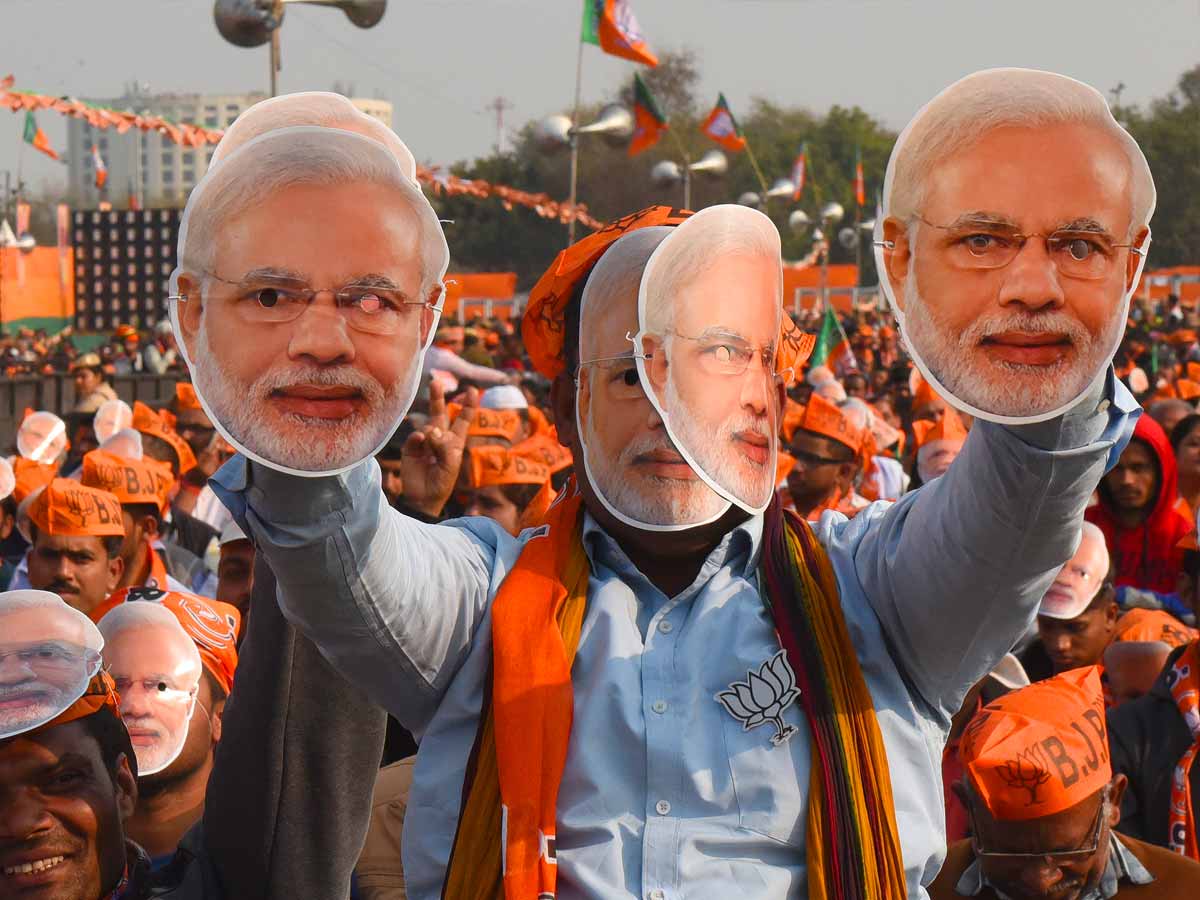
The Bharatiya Janata Party has released its first list of candidates for the upcoming Delhi Assembly elections, including big names such as former MP Parvesh Sahib Singh Verma and MLA Kailash Gahlot. The list also features candidates from different backgrounds, such as former Congress MLA Rajkumar Chauhan and former Delhi University Students Union president Rekha Gupta. With this bold move, the BJP aims to secure a strong position in the upcoming elections.
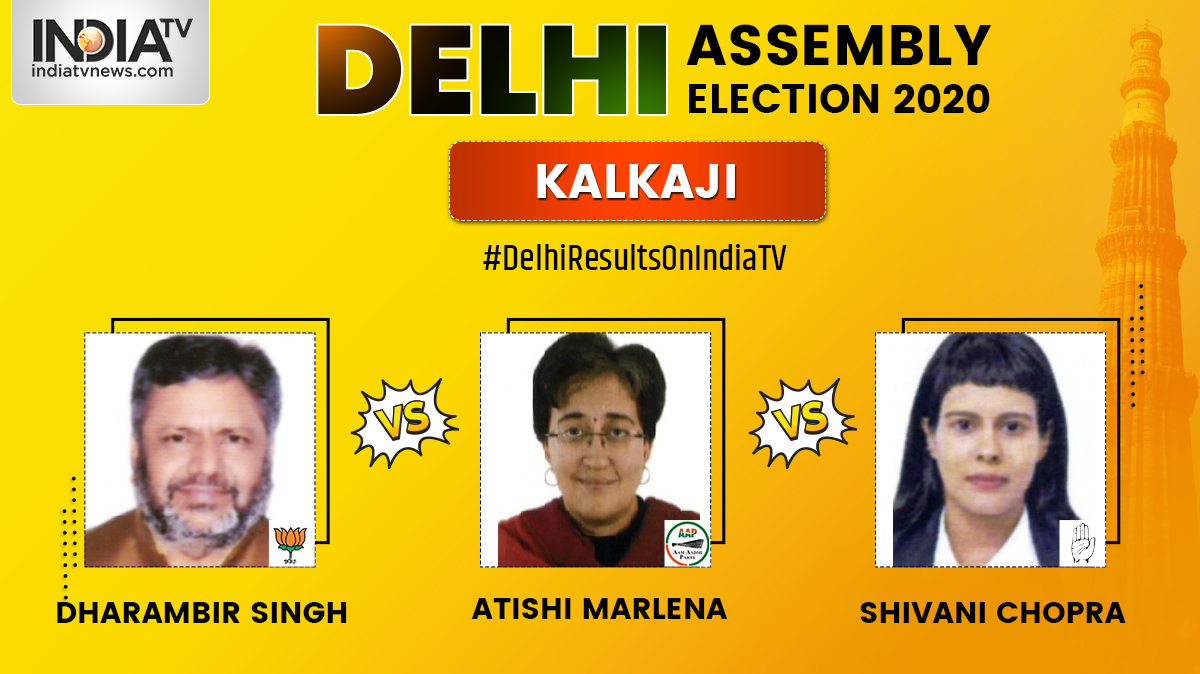
Amidst the highly anticipated Delhi assembly elections, all eyes are on the Kalkaji constituency as Chief Minister Atishi of the ruling Aam Aadmi Party, former MP Ramesh Bidhuri of the Bharatiya Janata Party, and senior leader Alka Lamba of the Congress all vie for the seat. With a history of multiple party wins and changing loyalties, the race for Kalkaji is bound to be an intense one. As Atishi, Bidhuri, and Lamba all bring their unique strengths and experiences to the table, the outcome of this election will be crucial for all three parties involved.

The BJP has announced its candidate list for the upcoming Delhi elections, with Parvesh Verma set to contest against incumbent CM Arvind Kejriwal in the New Delhi seat. In response, Verma has openly challenged Kejriwal and called for accountability for his actions as CM. The BJP has also fielded other notable candidates, including Ramesh Bidhuri in Kalkaji, leading to speculation about the party's confidence in their own candidates.
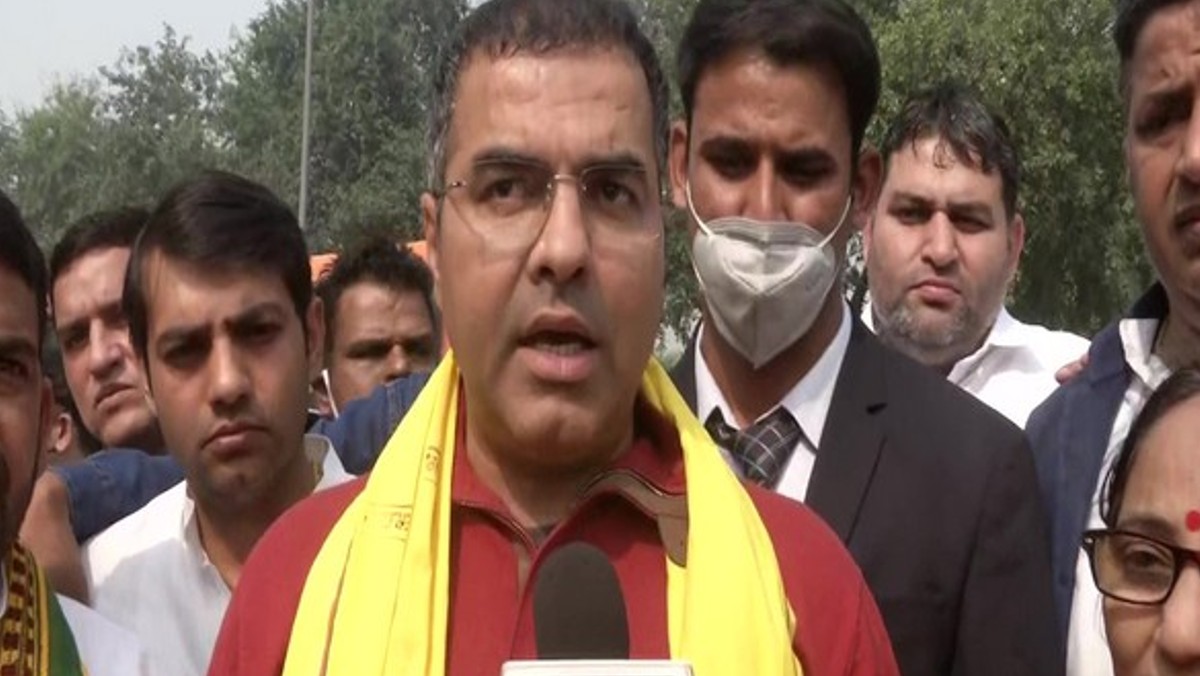
Parvesh Verma, the BJP candidate for the New Delhi assembly seat, expressed his gratitude to the party leadership for giving him the opportunity. He confidently asserted that the BJP will form the next government in Delhi and promised to address issues such as tax mismanagement and unemployment. Verma also taunted his opponent, incumbent CM Arvind Kejriwal, and challenged him to not run away from the New Delhi seat. Meanwhile, Kejriwal responded to PM Modi's criticisms by highlighting AAP's achievements in education, healthcare, and housing and attacking the BJP's slow progress in these areas.
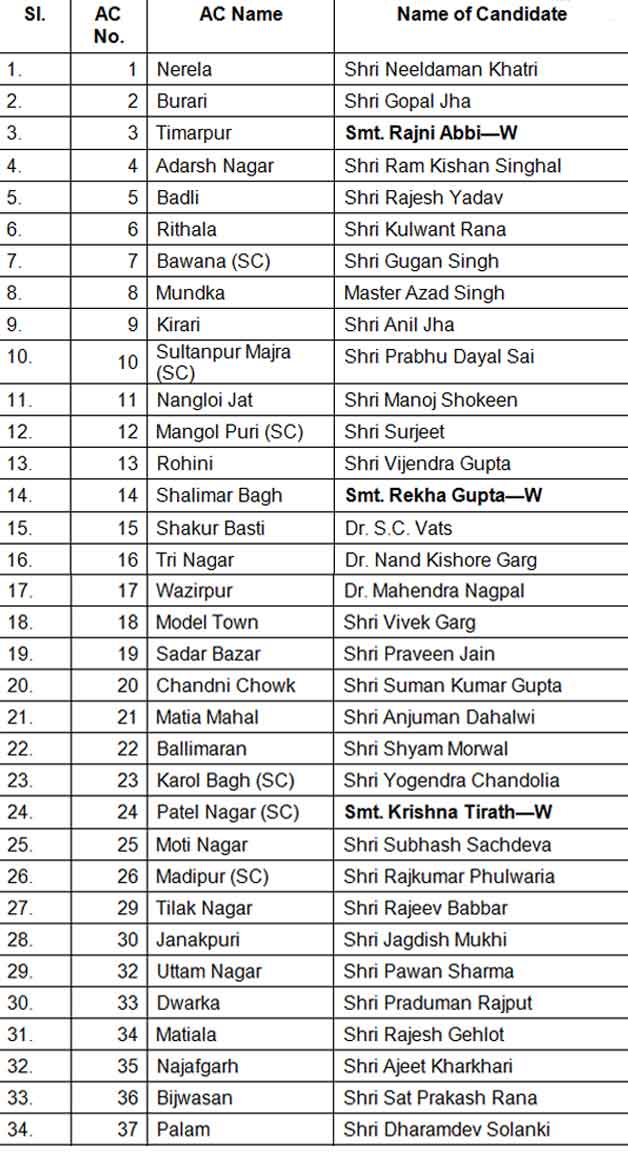
The BJP has released its first list of candidates for the upcoming Delhi Assembly elections, with 29 names announced. Former MP Parvesh Verma will be contesting against AAP supremo Arvind Kejriwal in the New Delhi seat, while Chief Minister Atishi's opponent will be former MP Ramesh Bidhuri in Kalkaji. Other key candidates include national office-bearers Dushyant Kumar Gautam and Ashish Sood. This announcement comes as the latest development in the highly anticipated elections, with more updates to come.
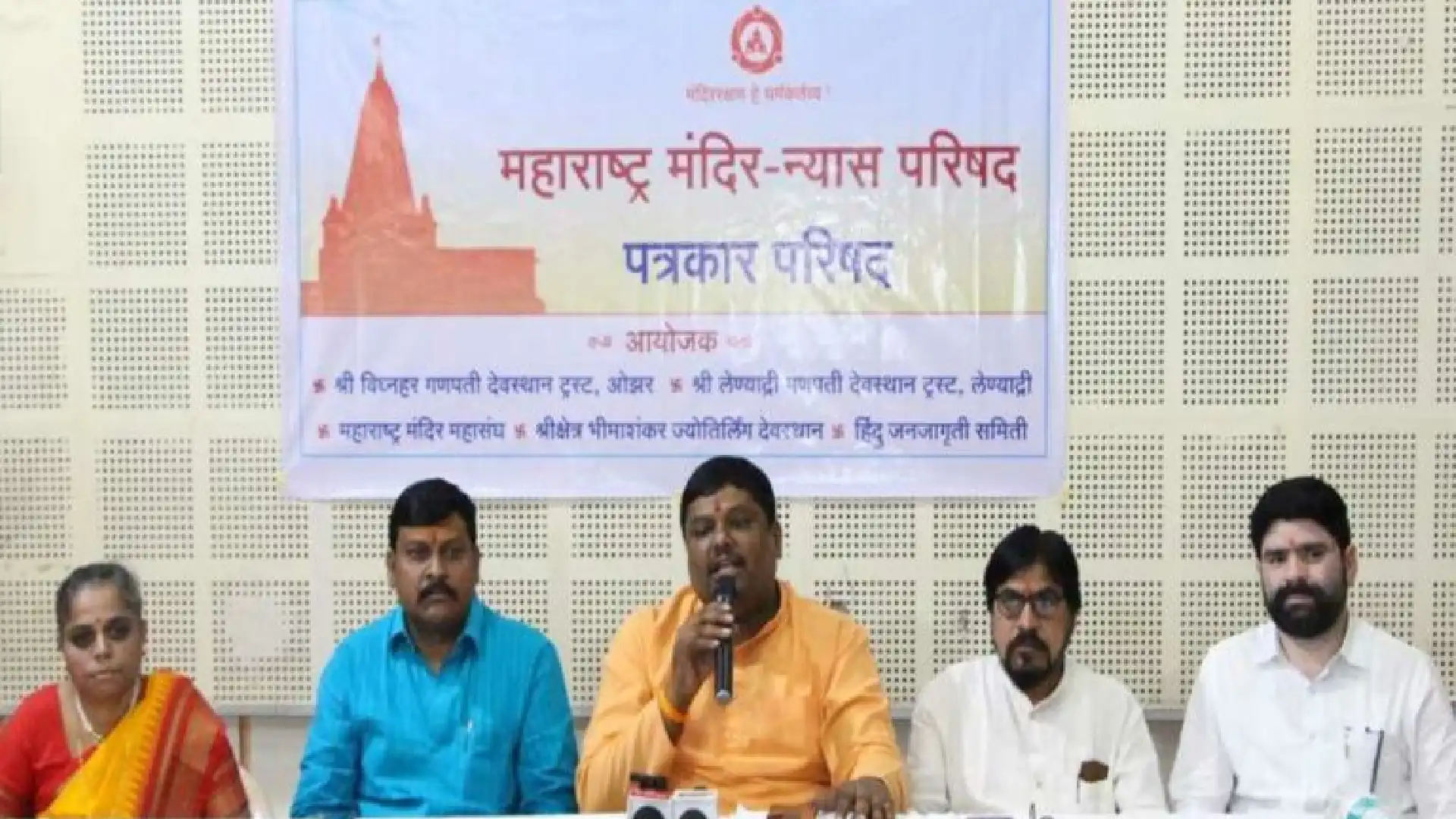
The third Maharashtra Mandir Nyas Parishad, attended by over 875 temple representatives, passed resolutions including conducting ‘Collective Aarti’ weekly and urging the government to free all temples in Maharashtra from state control. The event was held in Shirdi and was attended by key leaders and advocates of temple preservation. Key demands such as fast-tracking court cases regarding Kashi and Mathura and declaring temple premises as ‘alcohol and meat-free zones’ were also made. The National Organiser of the Mandir Mahasangh, Mr. Sunil Ghanwat, has urged the government to take prompt action on these resolutions.
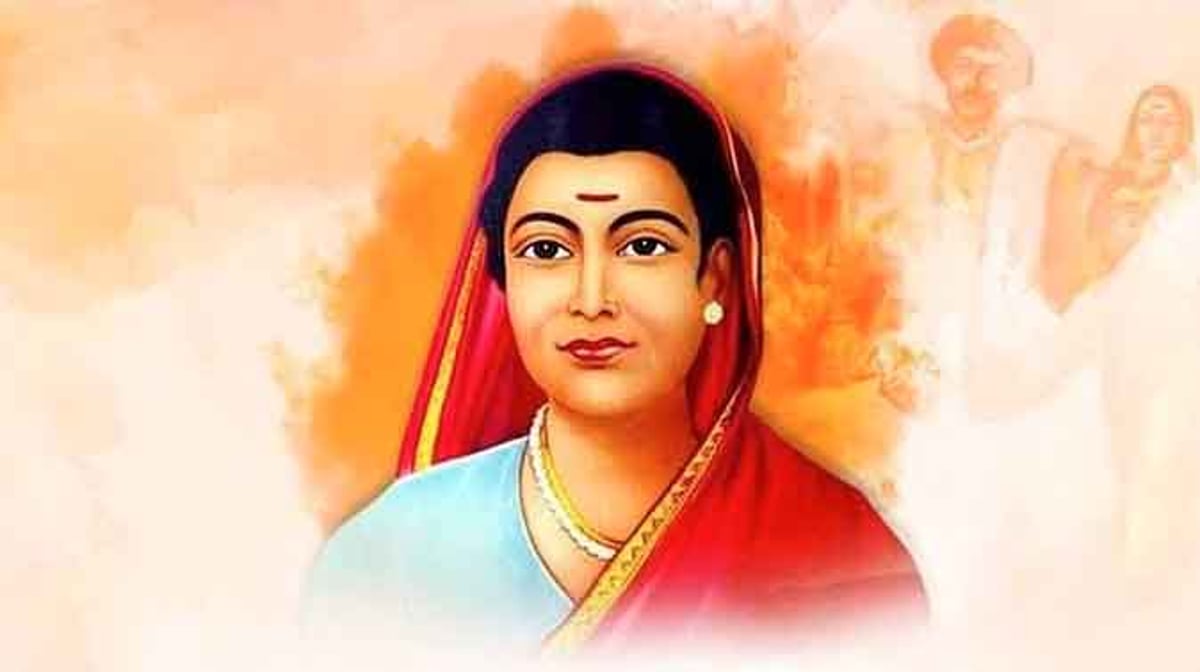
On the 194th birth anniversary of Savitribai Phule, Nagar Kurnool MLA Dr. Rajesh Reddy emphasized the importance of following her ideals during an event organized by the District Education Department. He lauded the state government's declaration of January 3rd as Women's Teachers' Day and its commitment to realizing Savitribai's vision for social equality. In the presence of District Collector and Education Officer, several women teachers were honored and a student dressed as Savitribai Phule received special recognition.

Tensions have been high in Manipur's Kangpokpi district for the past week, leading to a violent attack on the office of the Superintendent of Police on Friday. Videos and images emerging from the town show armed individuals dressed in camouflage and damaged vehicles on the premises. The violence follows a confrontation between security forces and Kuki-Zo women in the district earlier in the week, which has sparked protests and demands for the removal of joint security forces stationed in the area. While the situation has been brought under control, locals estimate that 15 people from the mob were injured.
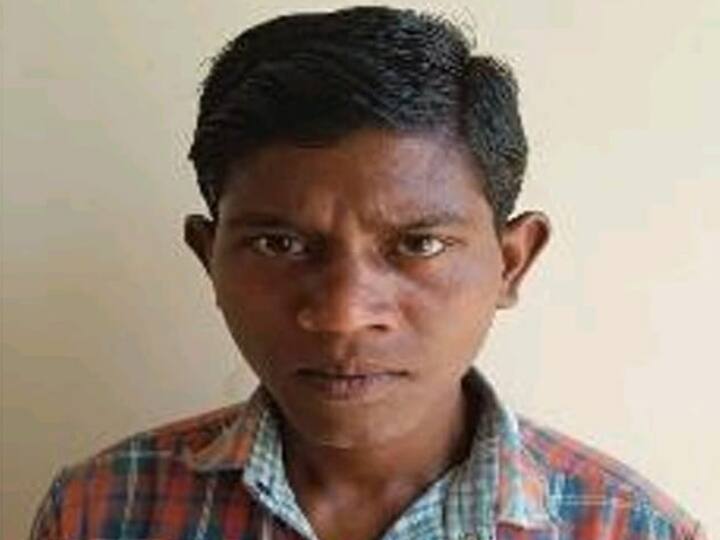
Mukesh Chandrakar, a 28-year-old independent journalist, was found dead in a septic tank on a contractor's premises in Bijapur after receiving a call from the contractor's cousin to meet them. Mukesh's body was discovered after his brother filed a police complaint when he did not return from the meeting. Authorities are investigating if his death is connected to any of his recent journalistic work in the Bastar region.
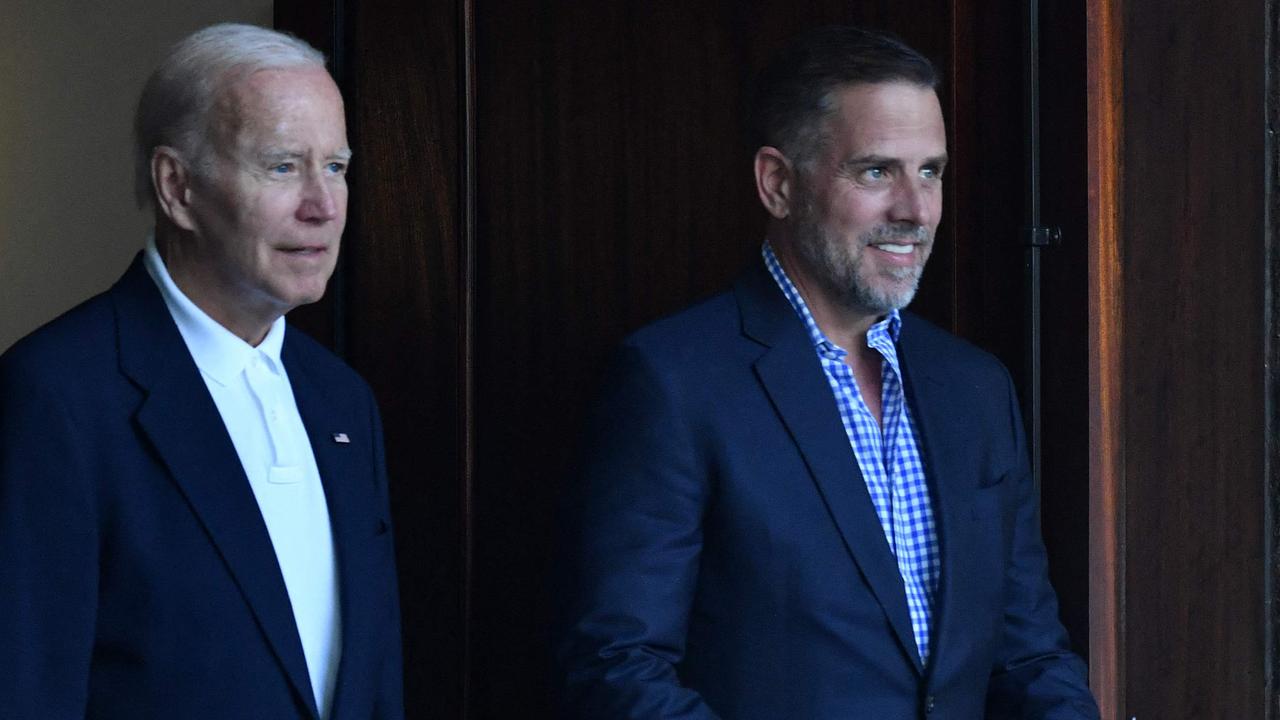
In 2023, the US State Department released an annual report revealing that President Joe Biden and his family received expensive gifts from foreign leaders. The most valuable gift was a $20,000 diamond from Indian Prime Minister Narendra Modi, given to First Lady Jill Biden. Other expensive gifts included a $18,000 astrograph received by CIA Director William Burns. However, most of the reported gifts were destroyed, as per federal law.